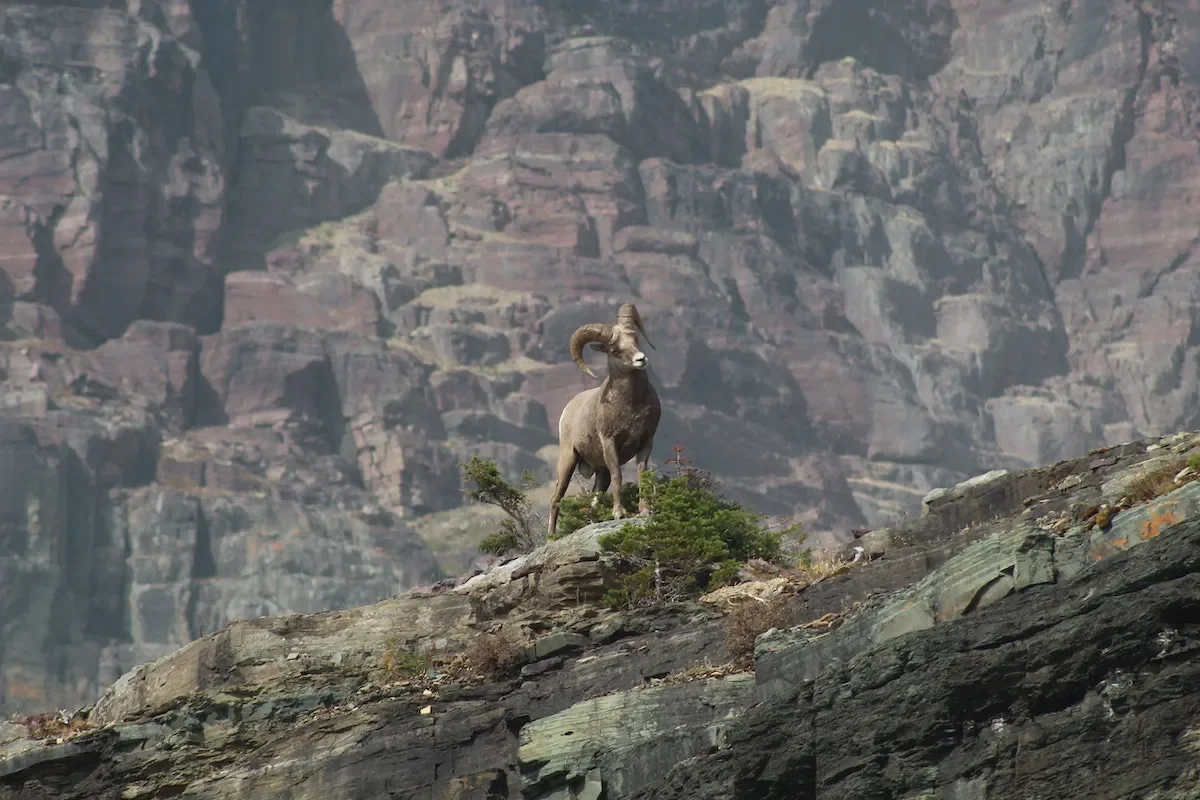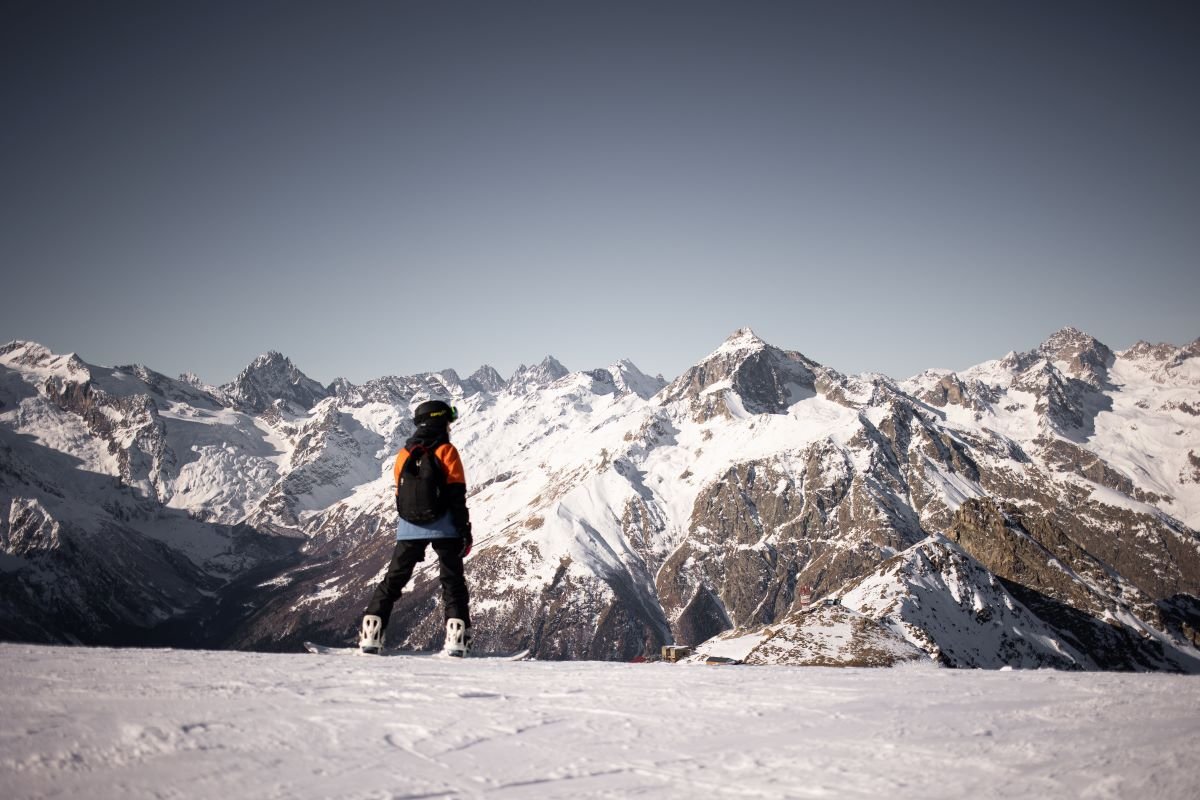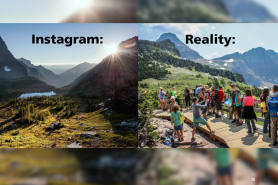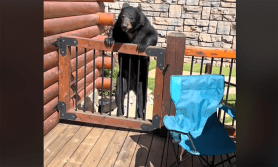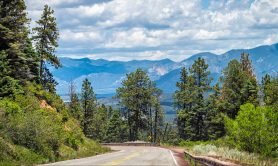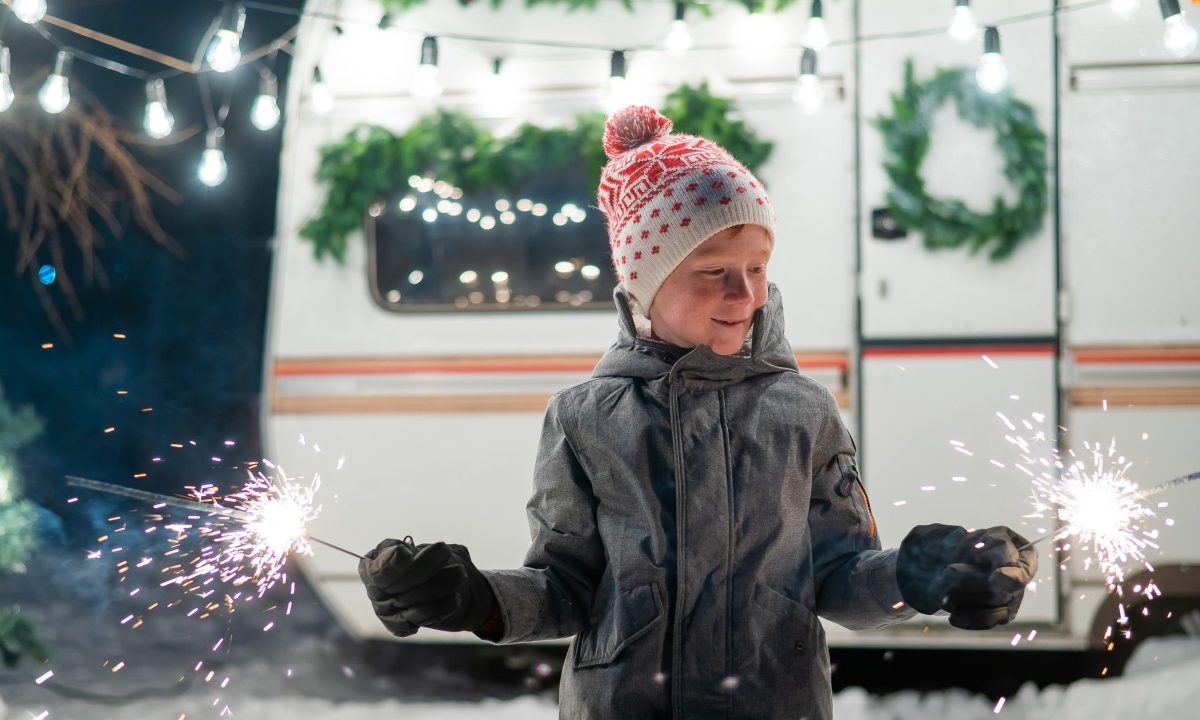

Generally speaking, camping tends to be considered a summer activity. Not always and not for people who live in colder climates.
Finding an RV park near a river or a lake can guarantee plenty of outdoor fun. There are a ton of places across the country that offers winter fun for the whole family. Skiing, snowboarding, sledding, and hot springs are just a few of the great outdoor recreational activities nature has to offer.
Whether you are looking to take a solo vacation, a couple’s getaway or a family vacation, road tripping in an RV is a fun way to change up your usual winter routine. But you still need to be safe!
Insulate
Most campers are built for summer use, they don’t typically have the best insulation. There are a few areas you can focus on that will help keep the warmth in and the cold out while adventuring this winter. Insulation could be one of them.
Inspect Windows & Doors
One of the first things you should do is inspect all of the openings to your camper. Using silicone caulking, seal any weak spots around your doors and windows. You can also take this opportunity to replace weather stripping, which helps seal gaps at the doors and windows and prevent moisture from leaking in. Heavy curtains over the windows can block any cold drafts, and make cold weather RV camping more enjoyable.
Fix the floors
You will notice that one of the areas that get cold the fastest is your RV floors. To help prevent cold air from rising through the floors, you can insulate them with foam board flooring or heavy carpets and rugs.
Skirt the bottom
If you are looking for a way to modify the exterior of the RV to help block out some of the cold air, one of the best things you can do is add a skirting to the bottom whenever the camper is stationary for more than a few days. You can either use traditional skirting, or you can use foam insulation boards.
Protect the pipes
Frozen plumbing is a common issue that can lead to serious damage to your plumbing system. Ice expands and contracts, causing your pipes to crack or burst if they do not have the proper insulation. Some ways you can prevent your pipes from freezing are wrapping them in heat tape, keeping your internal plumbing warm, using a space heater, and using your internal freshwater tank.
Keep Your RV Engine Running Smoothly
You must inspect your RV engine and ensure it can withstand the extreme temperatures that can happen in the winter. Check the batteries for corrosion or other damage and make sure they are charged up and connected securely.
This is the perfect opportunity to top off or replace the antifreeze in the system. Be sure to check your owner’s manual to ensure you use the proper mix of water and antifreeze. Generally speaking, you want to do a mix of at least 50 percent antifreeze so you can keep your engine from freezing up.
Double Check the RV Furnace
The last thing you want to experience while cold weather RV camping is not having any heat in your RV. Before you even start packing for your trip, it is imperative that you have the furnace inspected and either repaired or replaced, if needed. This is especially important if kids travel with you, as you don’t want them to have to sleep in frigid temperatures.
You Can Prepare Yourself, Too
Have the right Clothes
When packing for a winter vacation or other cold-weather travel, it is ideal to have various layers and clothing types to help adapt to changing needs for temperature regulation.
The first category to consider is your base layer. This should be breathable and able to readily wick away moisture while remaining warm. It is crucial to keep your core warm and dry, especially once you stop exerting yourself. Materials like cotton and stretchy synthetic blends go here.
The next thing to have is a wide variety of mid-layers. These are what you wear over your base layers and what gets put on or taken off with the day’s temperature fluctuations. Materials like fleece and wool go here.
Your outer layer will consist of your waterproof and insulated coat, along with your shoes or boots, and a warm hat. So much body heat escapes through the head that having a warm hat covering your ears can mean the difference between being miserable and enjoying yourself. If you plan on doing any winter hiking, make sure you familiarize yourself with the acronym COLD to stay safe and comfortable in lower temperatures.
Winter Gear
Make sure you have adequate gear on hand to tackle the colder climates. Here you are looking at your snow shovel, tire chains, additional full propane tanks, a stash of emergency food and water, and a few headlamps and lanterns.
You want to be prepared if you need to travel during a storm, dig your RV out of blown or plowed snow, or hunker down in the warm RV for a few days until conditions improve. This means being able to get safely mobile or shelter in place, depending on what the situation calls for. Don’t forget a cold-rated sleeping bag.
